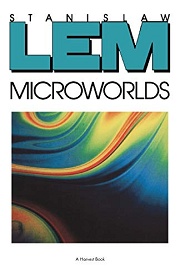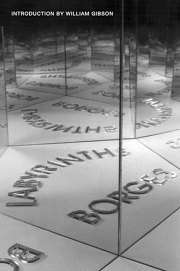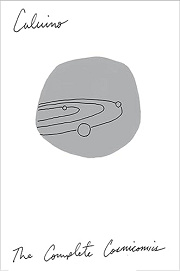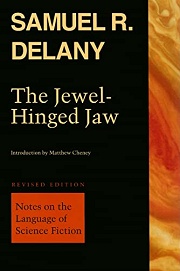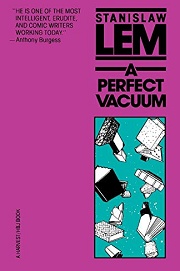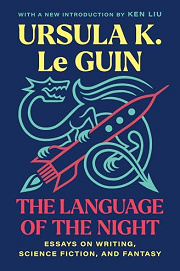Share your thoughts in a quick Shelf Talk!
Microworlds by Stanislaw Lem
A master of speculative thought turns his keen eye on the genre itself. In Microworlds, Stanisław Lem dissects science fiction’s ideas, ambitions, and blind spots with razor-sharp wit and philosophical rigor—offering a provocative tour through the possibilities of the future.
Have you read this book? Share what you liked (or didn’t), and we’ll use your answers to recommend your next favorite read!
Love Microworlds but not sure what to read next?
These picks are popular with readers who enjoyed this book. Complete a quick Shelf Talk to get recommendations made just for you! Warning: possible spoilers for Microworlds below.
In Microworlds, did you enjoy ...
... rigorous, philosophical thought-experiments about infinity, authorship, and reality?
Labyrinths by Jorge Luis Borges
If what hooked you in Microworlds was Lem’s head-on grappling with ideas—like his taxonomy of SF’s possibilities in “Metafantasia” or his unsparing, concept-first reading of Philip K. Dick—then Borges’s Labyrinths will feel like stepping into those arguments as living art. Stories such as “The Library of Babel” and “Tlön, Uqbar, Orbis Tertius” turn the same questions Lem poses about knowledge, language, and constructed realities into crystalline parables—you get the intellectual rigor of the essays, but embodied in perfectly engineered fictions.
... playful, satirical riffs on scientific ideas delivered with sly wit?
Cosmicomics by Italo Calvino
You enjoyed the way Microworlds punctures clichés with dry, barbed humor—those moments where Lem skewers pulp formulas while still reveling in big ideas. Cosmicomics channels that same spirit into fable-like tales: Qfwfq narrates capers like “The Distance of the Moon” and “All at One Point,” transforming cosmology into mischievous, witty speculation. It’s the same blend of brainy concept-play and sly satire that Lem deploys when he dismantles lazy space opera tropes.
... deep, formalist criticism that dissects how SF works at the sentence and story level?
The Jewel-Hinged Jaw by Samuel R. Delany
If the charge you got from Microworlds came from essays like “On the Structural Analysis of Science Fiction” and Lem’s precise close-reading of Dick—where he insists SF be judged by its unique protocols—Delany’s The Jewel-Hinged Jaw is your next clinic. Pieces like “About 5,750 Words” and “Science Fiction and ‘Literature’—or, The Conscience of the King” anatomize worldbuilding, neologism, and narrative information with exacting care, giving you that same exhilarating sense of SF as a disciplined, analyzable machine for ideas.
... bite-size, concept-dense pieces you can savor one at a time?
A Perfect Vacuum by Stanisław Lem
If part of the appeal of Microworlds was its modular, dip-in structure—self-contained essays like “Science Fiction: A Hopeless Case—With Exceptions” that you can read and chew on—then you’ll love the audacious miniatures in A Perfect Vacuum. Lem reviews nonexistent books with surgical wit; pieces like “Gigamesh” turn criticism into speculative architecture, giving you the same compact, idea-saturated pleasures, now refracted through virtuoso metafiction.
... lucid, humane essays that interrogate the ethics and craft of speculative fiction?
The Language of the Night by Ursula K. Le Guin
Appreciated how Microworlds made complex arguments in crisp, no-nonsense prose—say, Lem’s clear-eyed dismantling of SF’s lazy shortcuts and his principled defense of rigor? Le Guin’s The Language of the Night brings that same clarity and moral focus. Essays like “From Elfland to Poughkeepsie” and “The Carrier Bag Theory of Fiction” deliver sharp, accessible insights into voice, worldbuilding, and responsibility—big ideas stated plainly, without hand-waving.
Unlock your personalized book recommendations! Just take a quick Shelf Talk for Microworlds by Stanislaw Lem. It’s only a few questions and takes less than a minute.
